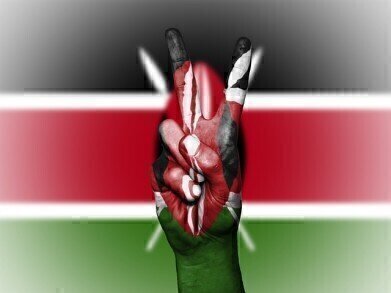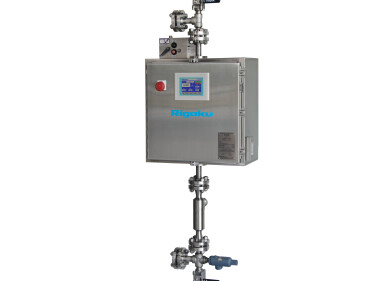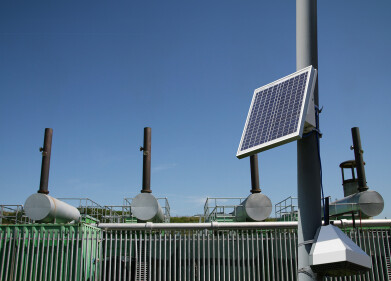Measurement and Testing
Is Kenya Ready to Export Oil?
May 10 2017
Mention global crude production giants, and Kenya doesn’t generally come to mind. But with an exciting two year pilot programme in the works, Kenya could soon be moving up to 100,000 barrels of oil a day. While it’s modest compared to some export figures, it’s a big step forward for the East African nation.
Initially figures will be capped at 2000 barrels a day, until full scale infrastructure is built. The oil will be transported by road, and travel more than 1000 kilometres to its final destination of Mombasa. The first shipments are set to take place in June, though analysts warn that the pilot programme could face major challenges over the next few months.
So what prompted Kenya to dip its toes in the oil industry? According to experts, the move is primarily motivated by political considerations. With elections just months away, the current government is scrambling to win over voters with economic promises. And no surprises here - kickstarting a crude oil market is front of mind.
Kenya’s untapped oil
Back in 2012, British owned company Tullow announced made the first oil discoveries in Turkana, one of Kenya’s north-west counties. At the time, prices were well over US$100 a barrel. Since then, Kenya’s reserves have been estimated at 750 million barrels, with the potential to discover even more oil in the future. Kenya’s oil is also touted as high quality, with analysts confirming that it has low sulphur content and good density. Though despite the glut, the global oil price crash put a dampener on crude recovery in Kenya.
Now, things could be looking up…
Big dreams for national oil industry
Of course, jumpstarting a national oil industry was never going to be easy. One of the biggest challenges Kenya will face is the fact that its oil has a wax like consistency. This means it needs to be transported at high temperatures to keep it in liquid form, which translates to higher export costs.
Furthermore, Turkana is an inland county, which means full capacity oil transportation can’t start until a 900 kilometre long pipeline is built. Ideally it will move around 100,000 barrels per day, direct to the port city of Lamu. Under the current schedule, construction isn’t expected to start until 2018.
The pilot programme
This is where the pilot programme comes in. Starting with a modest 2000 barrels a day, Kenya will use road transport to move oil to the existing port of Mombasa. The journey takes several days, with the government promising to fast-track road repairs in a bid to increase efficiency.
Predictably, the nation isn’t expecting huge returns on its project. In fact, Andrew Kamau, a senior official in Kenya's energy ministry, confirmed that the pilot programme is about testing the waters, and gaining insight into the viability of a full-scale extraction.
"The idea is to get information, of course we're not going to make any profit during the pilot scheme," said Kamau. "If you extract oil during these tests, you might as well export it," he explains.
Unsurprisingly, vehicle efficiency will be central to Kenya’s pilot programme. For a closer look at how the latest SVM™ technology could help support the scheme, ‘Testing the Lubricating Oil Viscosity for Utility Vehicle Engines’ spotlights one of the most versatile viscosity and density testing tools on the market.
Digital Edition
PIN 25.5 Oct/Nov 2024
November 2024
Analytical Instrumentation - Picturing Viscosity – How Can a Viscometer or a Rheometer Benefit You? - Sustainable Grease Formulations: Evaluating Key Performance Parameters and Testing Method...
View all digital editions
Events
Dec 03 2024 Dusseldorf, Germany
Dec 08 2024 Anaheim, CA, USA
Turkey & Black Sea Oil and Gas
Dec 11 2024 Istanbul, Turkey
Dec 19 2024 Aurangabad, India
Jan 20 2025 San Diego, CA, USA



















